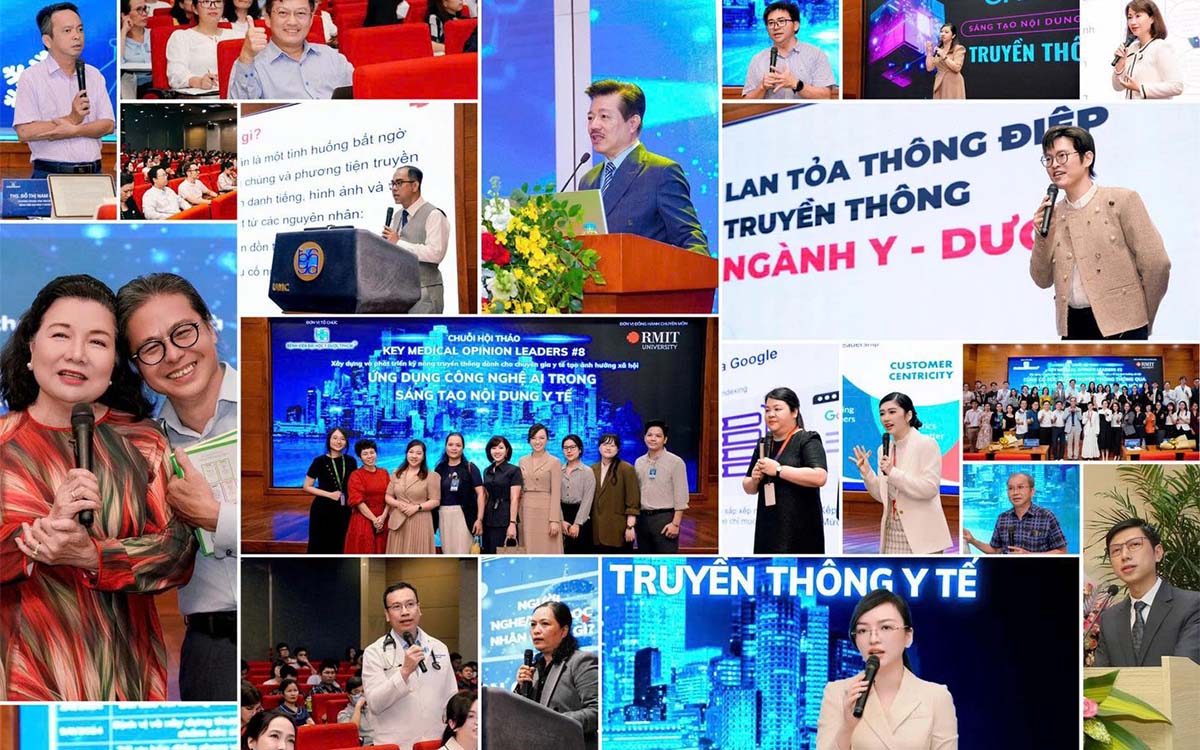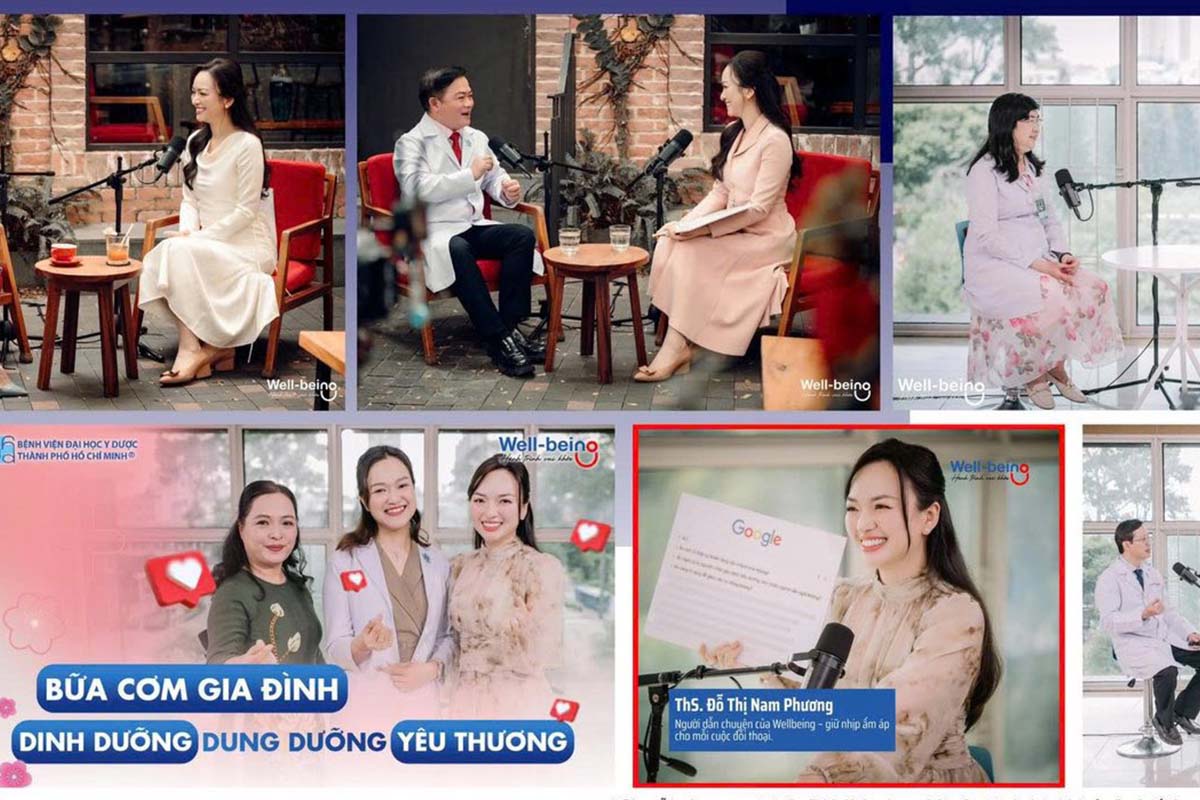
I returned to RMIT, not to revisit the past, but to create a new legacy.
I first came to RMIT over 16 years ago, as a young undergraduate student in Commerce - feeling lost and overwhelmed at the edge of adulthood. In my early twenties, I had no idea where I was heading, what I would do, or whether what I was learning could truly make a difference to society. But it was RMIT that gave me my very first lesson - not in technical skills, but in the ability to ask the right questions. Instead of handing me the answers, RMIT taught me how to think critically, to see problems from a systemic, human-centred and responsible perspective. That has been the greatest gift I carried with me and the very first legacy that RMIT left in me - a seed of purpose and commitment.
Years later, when I became Head of Communications at the University Medical Center in Ho Chi Minh City, I partnered with RMIT Vietnam and leading hospitals to launch the KMOLs - Key Medical Opinion Leaders program. Our goal was to equip doctors, nurses and pharmacists with modern communication skills, so they could confidently share their expertise with the public in a way that is accurate, accessible and deeply human.
 KMOLs – Key Medical Opinion Leaders program, with Nam Phuong as one of the initiators.
KMOLs – Key Medical Opinion Leaders program, with Nam Phuong as one of the initiators.
The question that guided me at the beginning of this journey was: Why does healthcare need communication? Because in today's digital society, people often turn to Dr Google before they turn to real doctors. The first thing they do when they feel unwell is to search online. But alongside useful information, there is an overwhelming amount of misinformation, rumours, disguised advertising and unscientific advice. For patients and their families, who are often already anxious, a single wrong click could lead to serious consequences. Meanwhile, doctors – the people with the most accurate knowledge - are often absent from the conversation. They're not showing up at the right place, at the right time and in the right way, to provide guidance. That gap is a call to action, a responsibility for the healthcare sector to find better ways to connect with the community.
From that reality, KMOLs was born - a new approach to medical communication, where professionals are not only healers in clinics, but also leaders in shaping public awareness.
We never expect doctors to become celebrities. What we hope is that they will stand out for their expertise, earn trust through their integrity and inspire others through their sense of social responsibility. Over the past two years, more than 2,000 doctors, nurses and pharmacists from across Vietnam - the north, central and south - have joined KMOLs workshops and training programs. They have learnt how to write accessible posts, film one-minute videos to explain medical knowledge, build personal brands aligned with their organisations and most importantly, recognise that they themselves can influence community health in positive ways.
I never imagined that my journey back to RMIT would take me this far - from the classrooms of my professors years ago to conference halls across the country, where I now share what I've learnt and witness the commitment of generations of healthcare professionals eager to strengthen their communication and connections. I never thought that a former RMIT student like me could contribute to the healthcare field through the power of inspiring communication.
I returned to RMIT, not to find the past, but to continue planting seeds of knowledge, responsibility and compassion. The programs we have built are not the final destination, but the first steps in shaping a generation of healthcare professionals who know how to use communication as a tool for healing, guidance and spreading care.
 “I never imagined that my journey back to RMIT would take me this far.”
“I never imagined that my journey back to RMIT would take me this far.”
For me, legacy is found not only in milestones, but by everyday actions that carry enduring meaning. A well-written article, a useful video, a heartfelt conversation - all of these are pieces of a legacy that RMIT sowed in me long ago
And I know, I am not alone.